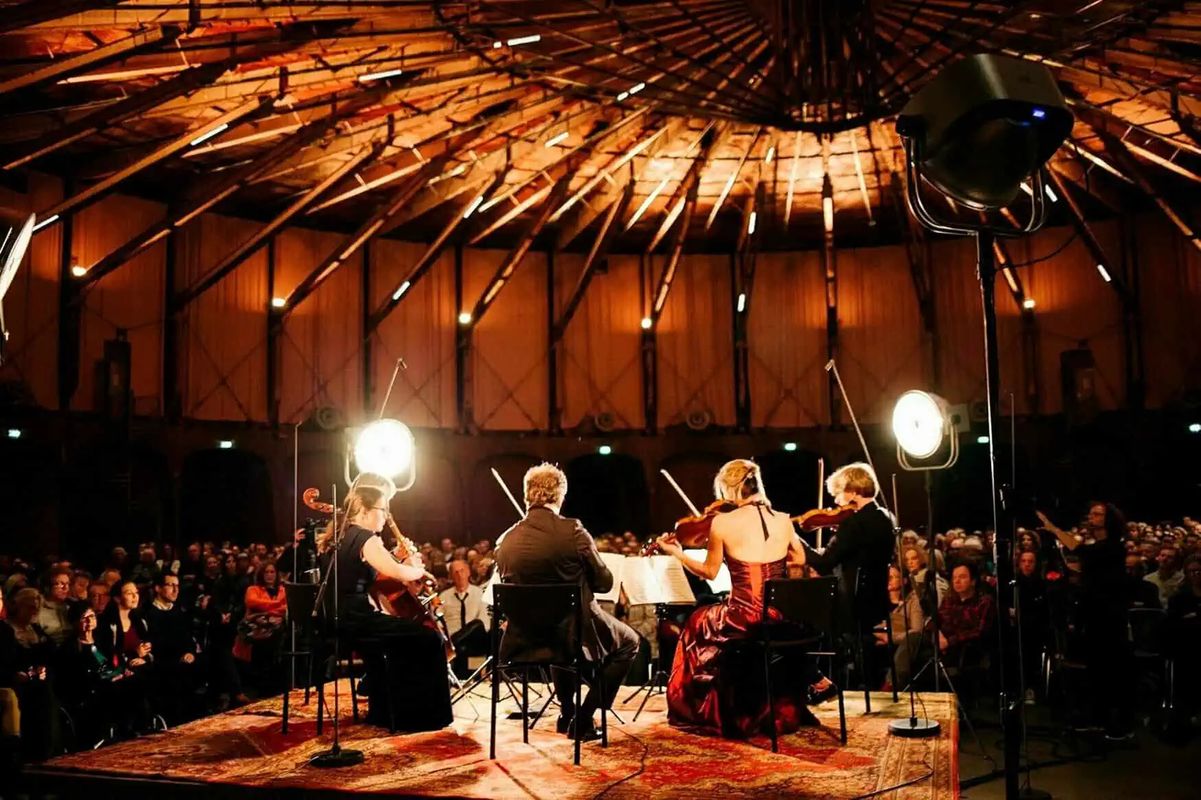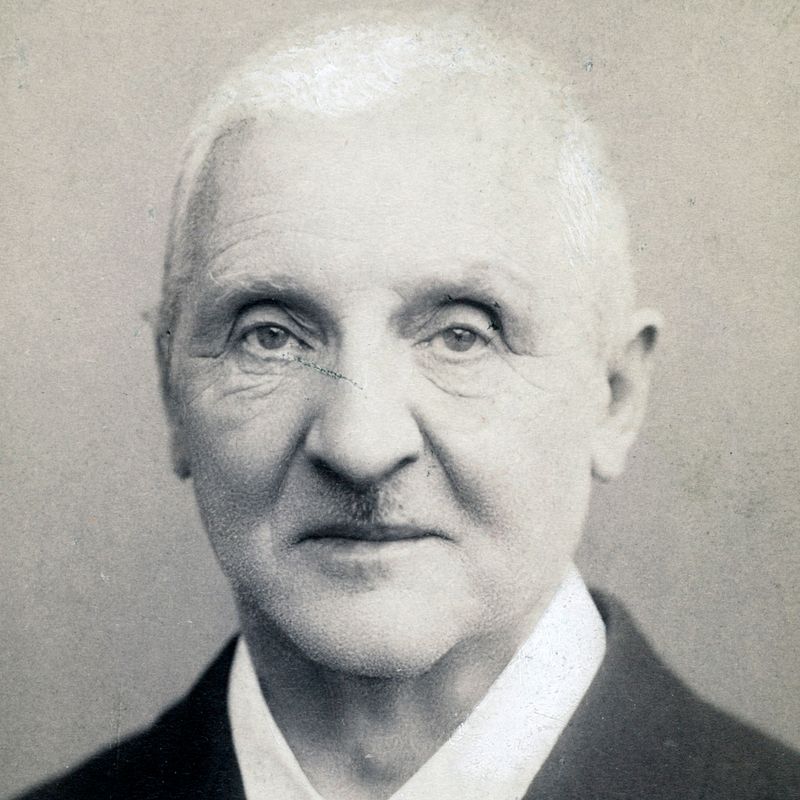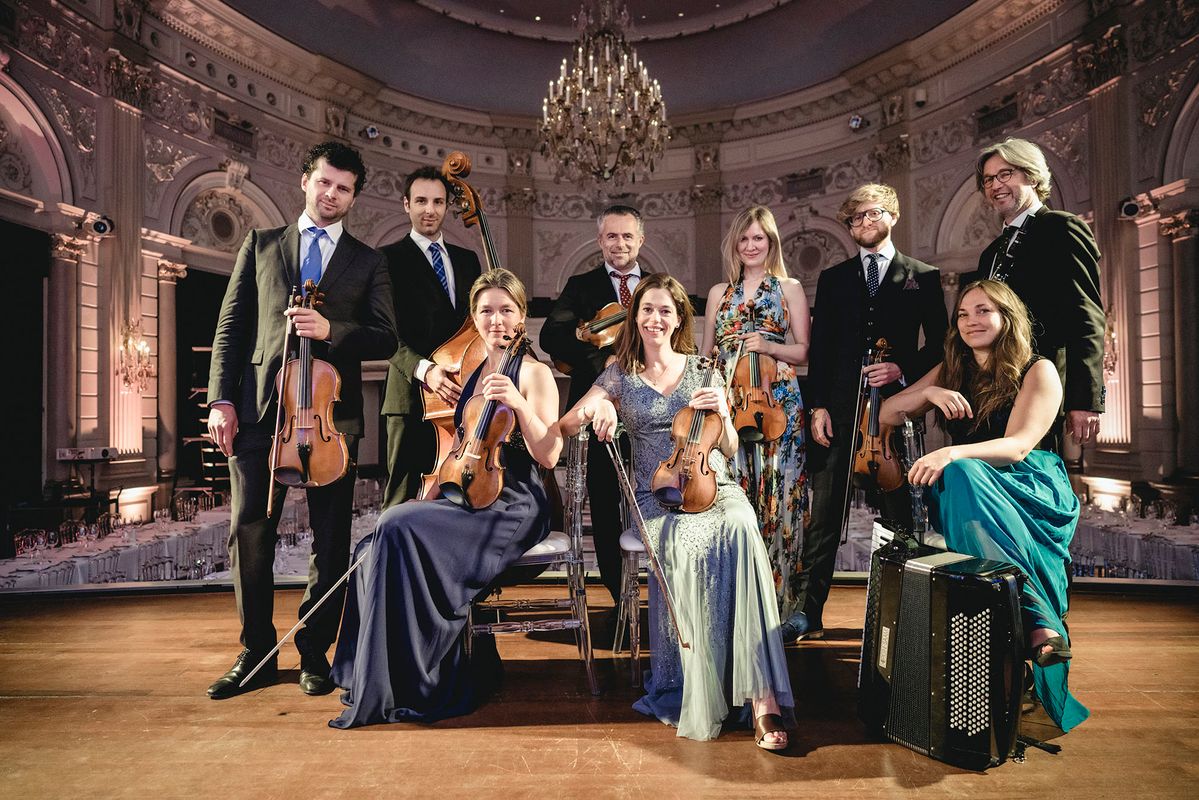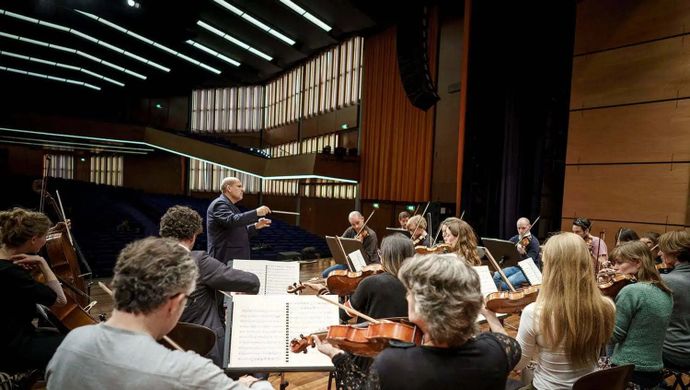Sébastien Letocart & Bruckner 9
sep 15th, 2024, 8.15pm – Bruckner Casco Festival
What to expect?
New piece by Sébastien Letocart: You will hear how Bruckner’s unfinished Finale would have sounded if he hadn’t died prematurely. Sébastien filled in the gaps in the score and specially adapted his creation for this festival – originally intended for 100 musicians – to a version for 16 musicians. The ensemble Camerata RCO from the Concertgebouworkest was more than eager to sink its teeth into this. Listen to the first CD version to get a taste of what you will hear.
The composer: Sébastien Letocart
Belgian composer and organist Sébastien Letocart has also contributed to works by other composers such as Bruckner (completion of the Finale of the 9th Symphony) and Debussy (orchestration of piano works such as Images Books 1 and 2 and ‘L’Isle Joyeuse’). Through extensive musicological research, where he examined and compared various sources and hypotheses from previous scholars, Sébastien constructed a performable version of the Finale of Bruckner’s Ninth Symphony. Although fragments and sometimes snippets and notes of this Finale have been preserved, Sébastien’s version and interpretation of this material give a convincing and beautiful idea of how the piece would have sounded. Bruckner Casco offers Sébastien a unique opportunity to present his version of the Ninth Symphony, including the Finale, to a broad audience for the first time together with Camerata RCO. On social media, Letocart (known as ‘TRACOTEL’ on YouTube) is one of the most followed ‘Bruckner gurus’.
The new composition
Composed in 2007/2008 and originally recorded in Budapest in 2008 with a full symphony orchestra, this completion of Bruckner’s ultimate Finale was later revised in 2022/2023 in preparation for the 2024 Bruckner Casco Festival in Amsterdam. It was conceived with the aim of delivering both a work closely based on Bruckner’s manuscript and, as far as possible, a work rooted in stylistic intimacy with the Austrian composer. Similarly, the three preceding movements of the Ninth Symphony were adapted for this ensemble of 16 musicians: staying as close as possible to the original text. The only liberty taken was to include numerous tempo indications, metronome and tempo change indications, inspired by the original publications of Bruckner’s earlier symphonies. It is important to note that some of these publications were accompanied by Bruckner himself (e.g., the 4th Symphony in 1888, the 7th Symphony in 1885, or the 1st Symphony in 1891), demonstrating that Bruckner actually had an organic and flexible conception of performing his symphonies through fluid and therefore non-static tempi.
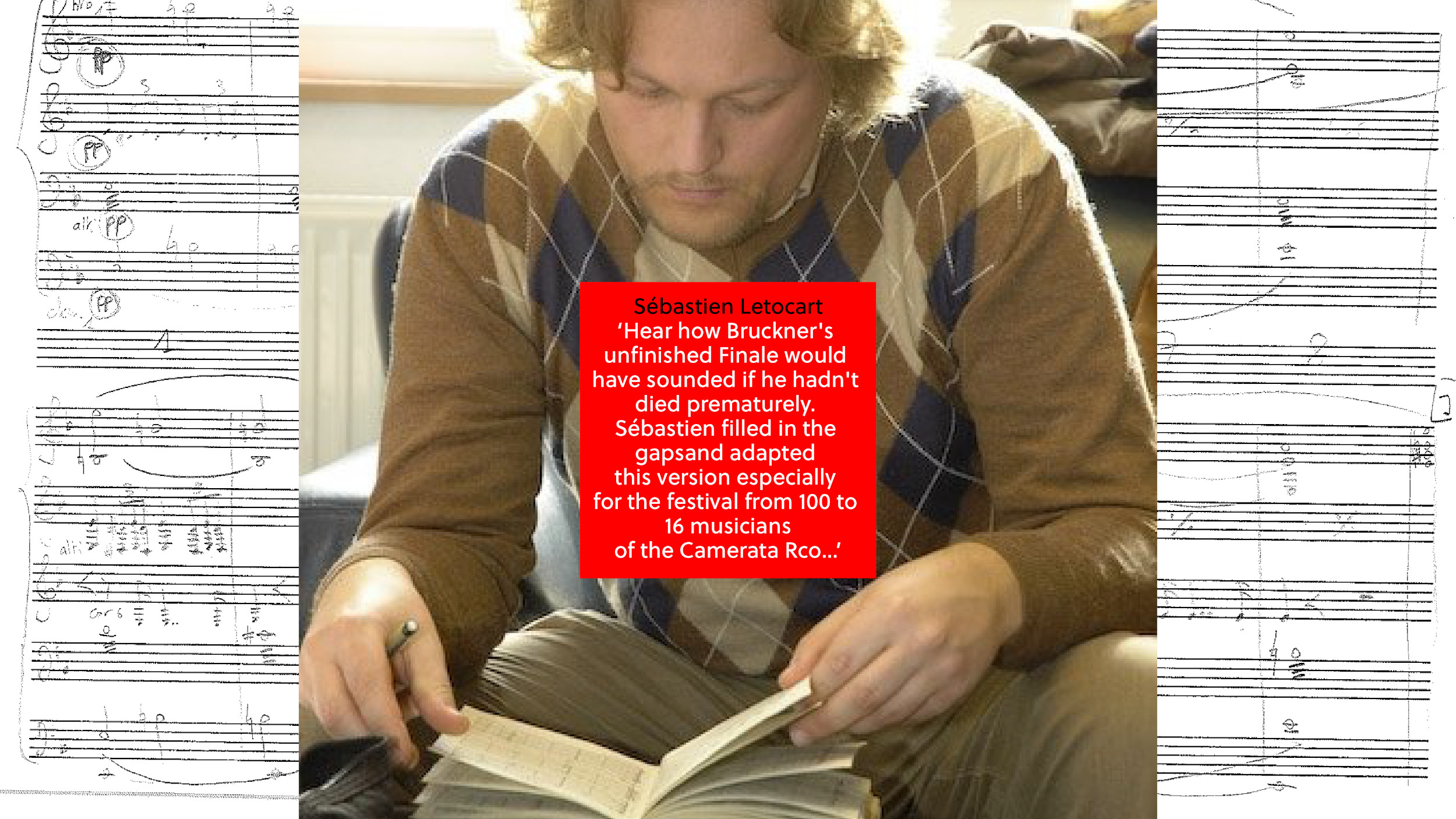
The ensemble: Camerata RCO
Members of Camerata regularly perform the traditional symphonies with the KCO, but also Camerata collaborates with conductor Rolf Verbeek who has arranged a number of Bruckner symphonies for Camerata. However, Camerata RCO has never played a completion of Bruckner’s Ninth before. A musical experience with Bruckner 9 is entirely different when the Finale actually intended by Bruckner is also performed. The ensemble, well-versed in Bruckner, eagerly anticipates this. All members of Camerata RCO are also members of the Royal Concertgebouw Orchestra and enjoy making music in a small ensemble. Not only is the repertoire of a small ensemble different, chamber music is also more personal and intimate. They are entirely free in the choice of repertoire, where they perform, and with whom.
Read more on brucknercasco.nl





